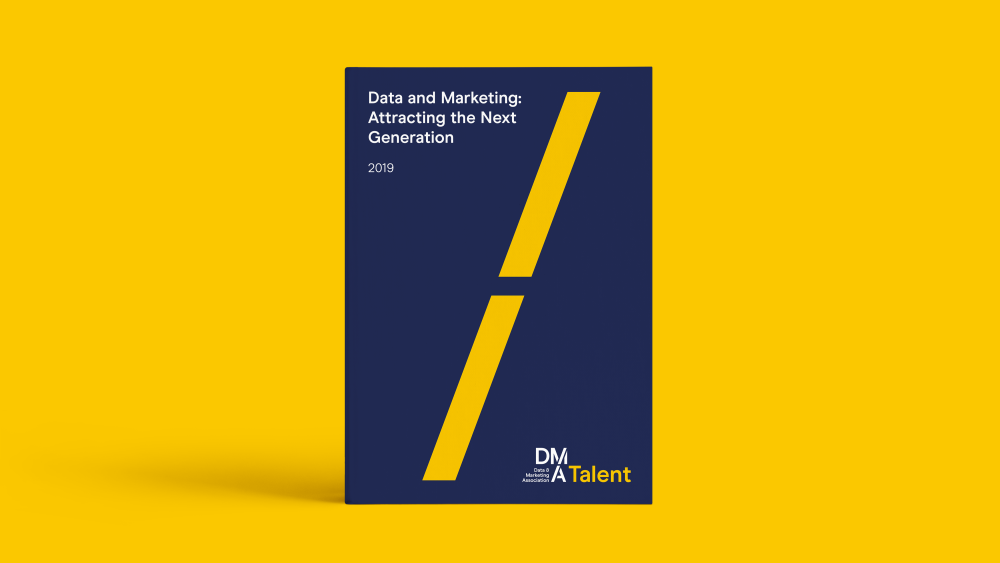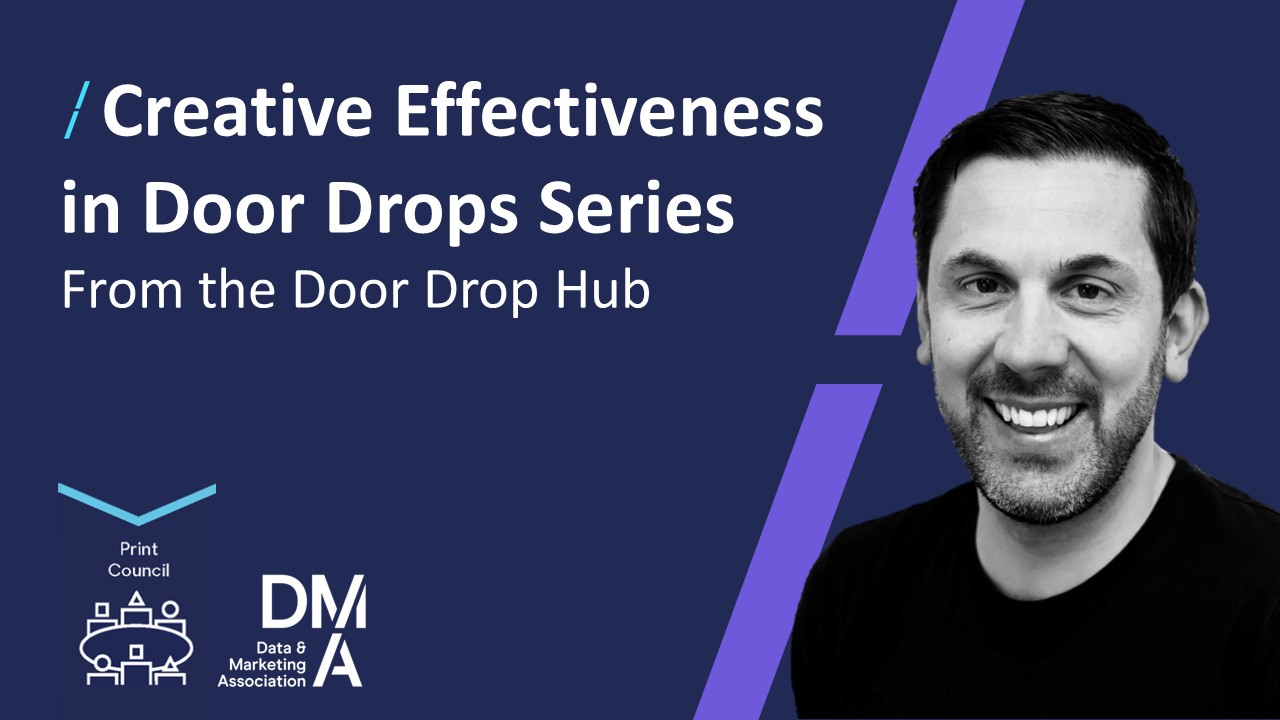Data and Marketing: Attracting the Next Generation
24 Jun 2019

DMA Talent truly believes that young people are our future.
The Data and Marketing industry present a myriad of opportunities.
Talented fresh thinkers are out there, looking for both a challenge and a plan for their personal and professional growth.
If we can match the two, it’s a win-win.
Once established that facts are better (and more convincing) than words, we decided it was time to run our first research project. We tracked opportunities within the Data and Marketing industry, what employers currently wish for and require from entry-level candidates, and what we all should do to contribute.
We found that over three-quarters of respondents named at least one personal skill (like being a team player) as essential and 76% named at least one core skill (like being a good communicator) as a must-have for entry-level marketing roles.
However, half of the sample mentioned their struggle to find at least one of the personal skills they deem as important.
What else are organisations keen on? What are the skills they are struggling to find the most in new candidates? What talents are important for the businesses’ (and industry’s) future?
As Kate Burnett, General Manager of DMA Talent, said “If employers are to find the right candidates they need to be clear about what they are looking for – a generalist? Or a specialist? They also need to be realistic about the skillsets entry-level employees will already possess. If they don’t necessarily have the ideal skillset, employers must be willing to invest in relevant training and development.”
If you'd like to learn more, click the button below to download the full report.




Please login to comment.
Comments